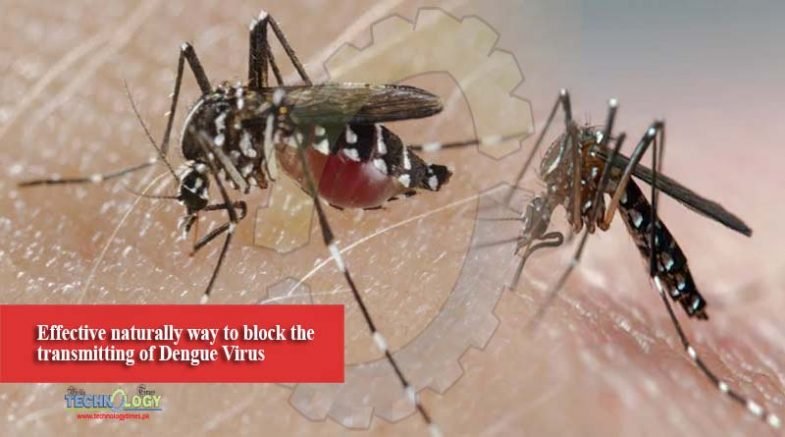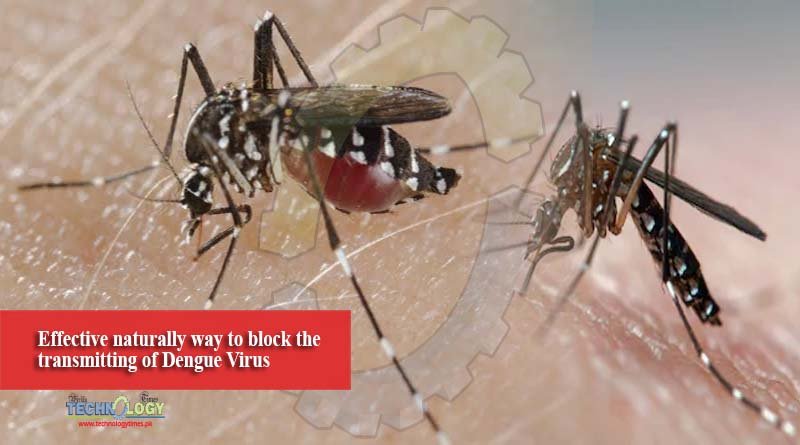An international team of scientists have informed an effective and naturally way to block the transmission of mosquito-borne dengue virus, in trials carried out in Malaysia.
 Researchers from the Universities of Melbourne, Glasgow and the Institute for Medical Research in Malaysia effectively reduce cases of dengue by using a strain of the bacteria Wolbachia, which prevent mosquitoes from transmitting viruses to humans.
Researchers from the Universities of Melbourne, Glasgow and the Institute for Medical Research in Malaysia effectively reduce cases of dengue by using a strain of the bacteria Wolbachia, which prevent mosquitoes from transmitting viruses to humans.
Published research shows that mosquitoes carrying the wAlbB strain of Wolbachia, when released into the wild, had the effect of reducing the incidence of dengue cases by 40 per cent.
Prof Hoffmann from Melbourne University’s Bio21 Institute said “This study provides us with a new Wolbachia strain for field release and highlights disease impact within a complex urban setting where dengue incidence rates are high”.
He added that “The intervention succeeded despite ongoing pesticide applications and other challenges that can make it hard for the Wolbachia to become established. The approach holds promise not only in Malaysia but also in other countries,”
Researchers released batches of Aedes aegypti mosquitoes carrying the wAlbB strain of Wolbachia into the wild, in six different sites in greater Kuala Lumpur with high levels of dengue transmission.
The Wolbachia carrying mosquitoes — both male and female — then went on to mate with the wild mosquito population, resulting in the spread and establishment of the virus-inhibiting bacteria.
In some sites, Wolbachia carrying mosquitoes were measured at over 90 per cent frequency more than a year after the mosquito releases ended.
The success of lowering cases of dengue Virus has led to a cessation of insecticide fogging, highlighting both the environmental and economic benefits of this method.
Prof Steven Sinkins from the MRC University of Glasgow Centre for Virus Research said the breakthrough is promising news for countries that suffer with dengue Virus.
